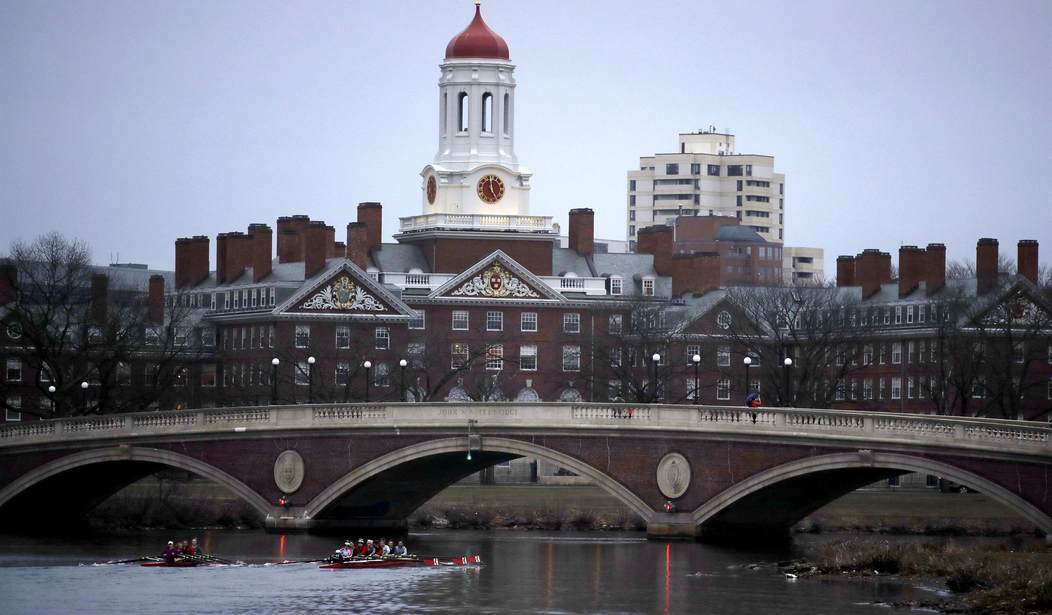Greg Epstein, a 44-year old author, ordained “humanist” rabbi, and avowed atheist, was unanimously elected chief chaplain of Harvard University, reports the New York Times.
Yes, you read that correctly. Harvard now has an atheist as its chief chaplain. Couldn’t they have just made him chief atheist and found someone who believes in God — any God — to serve as chief chaplain?
Epstein is the author of a book titled Good Without God — a rationale for atheism that fits in perfectly with the secular humanist approach that Harvard wants to take.
“There is a rising group of people who no longer identify with any religious tradition but still experience a real need for conversation and support around what it means to be a good human and live an ethical life,” said Mr. Epstein, who was raised in a Jewish household and has been Harvard’s humanist chaplain since 2005, teaching students about the progressive movement that centers people’s relationships with one another instead of with God.
Can’t we have both? Can’t there be a secular element to life and relationships while maintaining a religious faith? Of course, there can. But that’s not woke enough for “modern” atheists who are at war with religion.
Many atheists today trace most of the world’s ills to the “superstitious beliefs” found in religions of all kinds. They actively seek to suppress religious faith based on the idea that achieving enlightenment through reason and logic is the path to being a good person, while religious faith in a supreme being is divisive and leads to war, death, and suffering.
Atheists rarely realize they are as stubborn and obstinate in their beliefs as any religious fanatic and their toxic ideas about “humanism” are positively frightening. They threaten people of faith and the entire edifice of civilization.
So how did we arrive at the point where Harvard — a school founded by the Puritans — could embrace atheism as a secular belief system?
Nonreligiosity is on the rise far beyond the confines of Harvard; it is the fastest growing religious preference in the country, according to the Pew Research Center. More than 20 percent of the country identifies as atheist, agnostic or nonreligious — called the “nones” — including four in 10 millennials.
The reasons that more young Americans are disaffiliating in the world’s most religious developed country are varied. The Notre Dame sociologist Christian Smith attributes the trend partly to the growing alliance between the Republican Party and the Christian right, a decline of trust in institutions, growing skepticism of religion in the wake of the Sept. 11 terrorist attacks and a shift away from traditional family structures that centered on churchgoing.
Political and social hostility to religion has influenced many young people to abandon the faith of their fathers and mothers. Atheism gives them a way to rebel against their parents with the added benefit of freeing them from social conventions they find inconvenient.
But the need to believe does not go away. One current theory is that there’s a “God gene” that makes humans more open to believing in a supreme being. A specific gene, called vesicular monoamine transporter 2 (VMAT2), predisposes humans toward spiritual or mystic experiences.
So it’s likely that many of these young people enamored of secular humanism are still missing something in their lives that Mr. Epstein and his atheist “chaplains” won’t be able to supply. Where they will find it is the question that people of faith will also need to find an answer for.










Join the conversation as a VIP Member